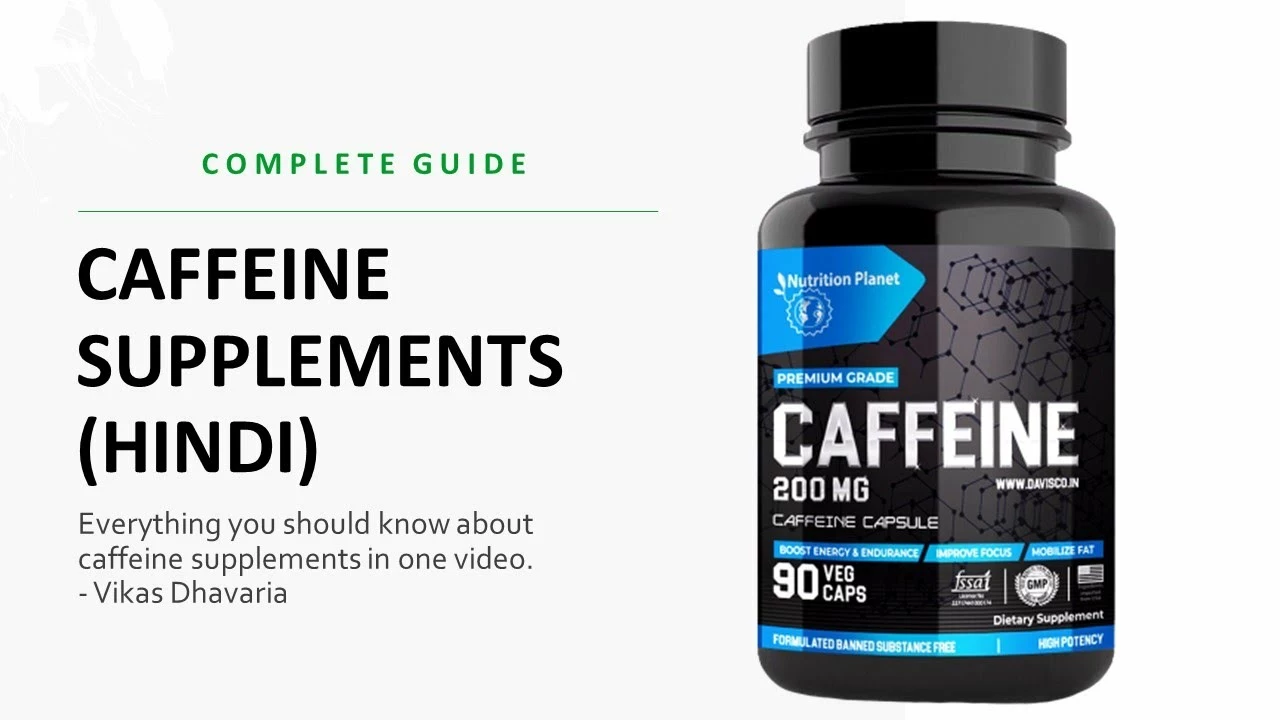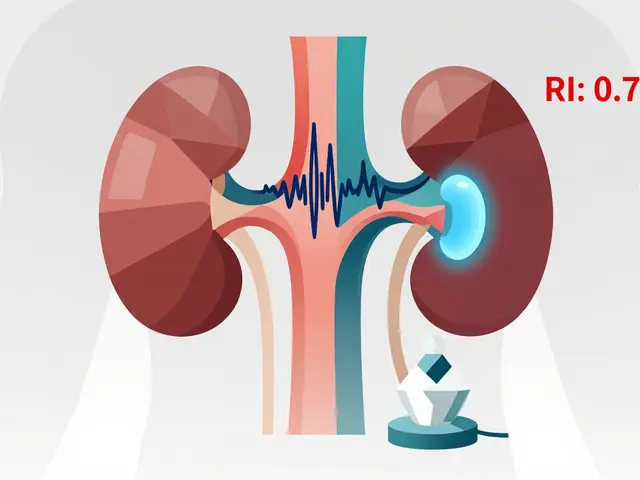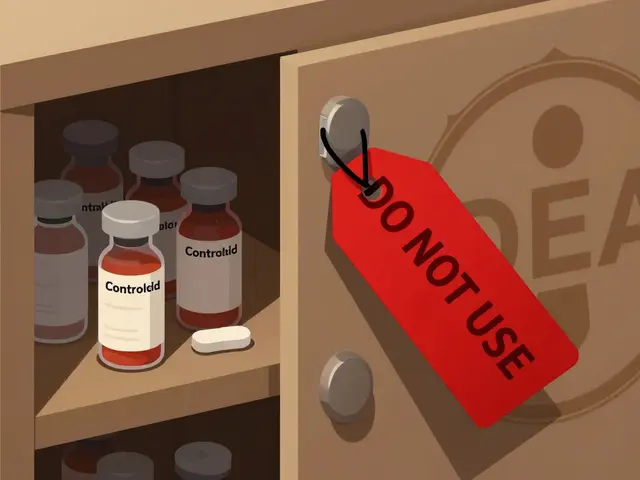Phosphate salts: uses, safety, and buying tips
Phosphate salts show up in medicine, supplements, and lab remedies. You probably know them as sodium phosphate or potassium phosphate. Doctors use them to correct low phosphate levels, as bowel cleansers before colonoscopy, and sometimes in IV fluids. In supplements they support bone and energy metabolism. That makes them common, but they need respect—too much or the wrong mix can cause problems.
Not all phosphate salts are the same. Oral sodium phosphate is a powerful laxative often used for colon prep. Potassium phosphate is more common when doctors need to raise serum phosphate or correct acid–base balance. Disodium phosphate and monosodium phosphate show up in supplements and foods as buffering agents. The dose, route (oral vs IV), and patient kidney function change how safe each option is.
How they work and when you need them
Phosphate is a mineral your cells use for energy, bones, and DNA. Low phosphate can cause weakness, bone pain, or trouble breathing. A lab test called serum phosphate tells the story. Mild drops may be fixed with diet or an oral supplement; severe drops often need IV phosphate in the hospital. For bowel prep, a short course of oral sodium phosphate clears the colon fast—but only under the right medical advice.
Safety tips, interactions, and red flags
Kidney patients must be careful. Kidneys clear phosphate, so people with kidney disease can build up dangerous levels. High phosphate can lower calcium and cause cramps or heart rhythm trouble. Don't mix phosphate salts with large amounts of calcium supplements unless a clinician tells you to. Certain diuretics or ACE inhibitors also change electrolyte balance and raise risk. If you take phosphate orally, follow the exact dose and timing your provider gives—mixing with other meds or taking too much is risky.
Watch for sudden weakness, numbness, or heart palpitations after starting a phosphate product. If you have nausea, severe stomach pain, or irregular heartbeat, get medical help. For colon prep, using sodium phosphate without a cleared kidney check can cause dehydration and kidney injury—ask for alternatives if you have any kidney or heart concerns.
Buying phosphate salts online is possible, but choose carefully. Look for licensed pharmacies, clear contact information, and a pharmacist you can reach. Avoid sites that sell prescriptions without asking questions. If you need IV phosphate or a prescription form, a telemedicine consult or your physician should guide you—not a random web seller.
Storage is usually simple: keep powders and tablets in a cool, dry place and follow the label. For IV bags or sterile solutions, follow pharmacy instructions and don’t use if packaging is damaged. When in doubt, call your pharmacist—most can explain the product, dose, and safe mixing with your other meds.
Phosphate salts are useful and common, but they’re not harmless. Know which type you have, why you’re taking it, and what your kidney function looks like. Ask questions, follow dosing, and get medical advice for any worrying symptoms. That keeps them helpful—without surprise risks.
In my recent blog post, I explored the top 10 reasons why phosphate salts should be a part of your dietary supplement routine. Phosphate salts are known to benefit bone health, improve digestion and even aid in muscle recovery. They also play a vital role in maintaining the body's pH balance and help in energy production. If you're not getting enough from your diet, a supplement could be a great addition. Dive into the blog to understand more about this crucial mineral's benefits.
Continue reading...






